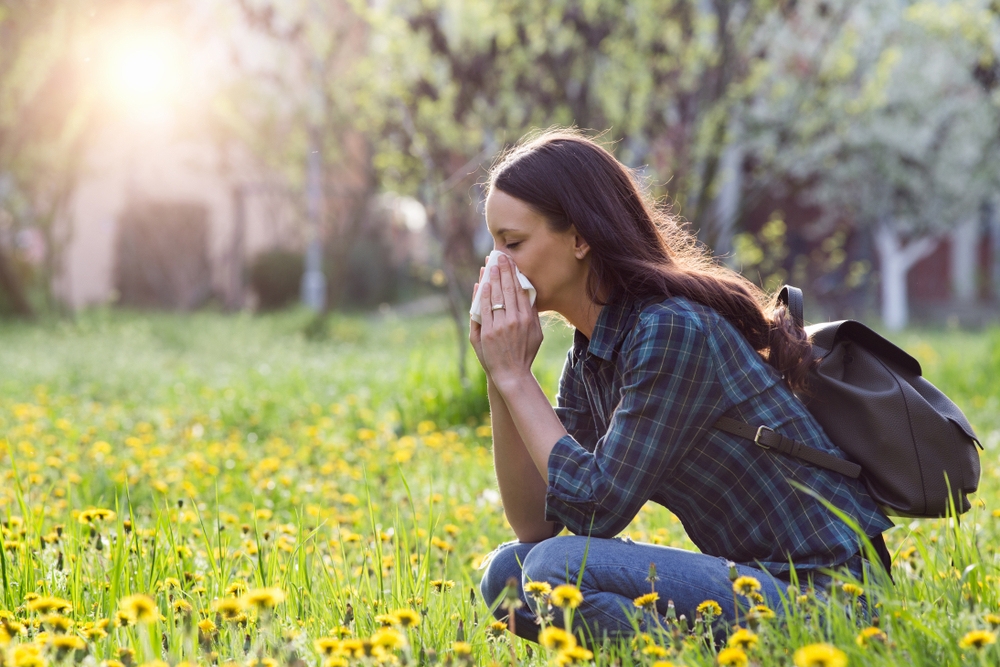
Spring comes slowly in the change of temperature from cold to hot. When it is warm and cold at first, it is most difficult to rest.
Many diseases are also targeted at this season, especially for the elderly with low immunity, who may be caught in an unguarded moment.
Two diseases are most likely to occur.
1. Influenza
The alternation of winter and spring is the season most prone to influenza outbreaks. The elderly, especially those suffering from chronic basic diseases, are the high-risk groups for influenza transmission.
Main symptoms: fever, body soreness, sore throat, cough, etc.
Preventive Measures: Influenza vaccination is considered to be the most effective measure to prevent influenza. Because influenza viruses are especially susceptible to mutation and vaccines are different from year to year, all influenza vaccines for the current year need to be vaccinated every day.
Step 2: Allergy
Spring is coming, and there are many mold, dust mites, pollen, animal dandruff and so on that are easy to induce allergic reactions in the air. If the elderly have a history of allergy, they must pay special attention.
Main symptoms: itching of eyes and nose, zero tears, incessant sneezing, and many small red pimples.
Preventive measures: Do not contact with substances that can cause allergy, and it is best to clean the home regularly.
Prevention is the most important thing.
As long as you do the following in your daily life, the disease will stay away from you.
Step 1 Wash your hands frequently
Washing hands with soap is the simplest way to remove bacteria and prevent gastrointestinal and respiratory diseases.
You still can’t wash your hands? Click to see how to wash scientifically.
Step 2 Drink water regularly
To drink enough water, in order to meet the normal needs of the body, each person needs to supplement 1.5 L to 2 L of water every day. It is best to drink water every 2 ~ 3 hours from after getting up, and don’t wait until you are thirsty to remember to drink.
If you have some underlying diseases (such as gout), drinking plenty of water to ensure sufficient urine volume can also help eliminate uric acid in your body. However, it should be noted that you should not drink a lot of water before and after meals, preferably in the morning, between meals and at night.
I don’t know how to drink water. Click to view how Science Drinking Water
3. Normally ventilated
At ordinary times, more attention should be paid to the cleanliness of the environment, opening more windows for ventilation, keeping the contents of the air circulating and keeping dry. However, if there are people who are allergic to pollen in the home, they need to close doors and windows, turn on air conditioners or air purifiers.
Try not to smoke or drink, reduce the irritation to respiratory tract, and do not go to places with large human flow and no air circulation.
Step 4 Exercise
Insisting on exercise can promote physical health, not only can enhance bone strength, improve cardiovascular system function, and even achieve the effect of weight loss, thus improving hypertension and diabetes to a certain extent.
Although the elderly people’s exercise level decreases with the increase of age, they can still achieve the effect of exercise as long as they pay attention to the intensity and difficulty of exercise.
According to one’s own physical condition, stretch before exercise, and it is best to give priority to moderate exercises such as fast walking, cycling or square dancing, 3-4 times a week, each time controlled at one hour.
How to make your own exercise plan? Click to see how the middle-aged and elderly people should exercise.
5. Vaccination
For most infectious diseases, vaccination is the best preventive measure. Besides influenza, pneumonia vaccine can also be prevented by vaccination.
Want to know more details? Click to see how the elderly choose vaccines.
